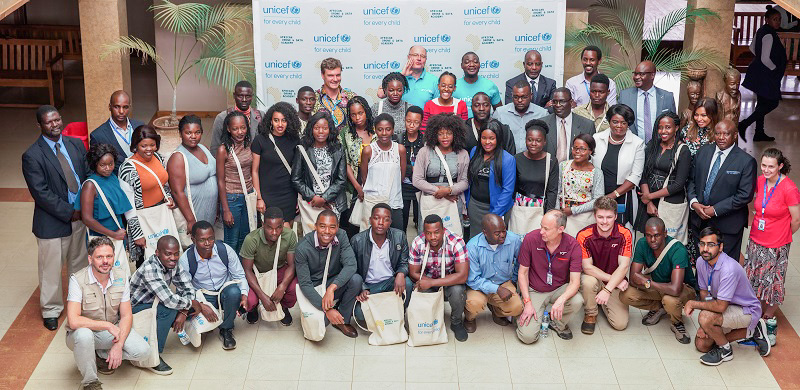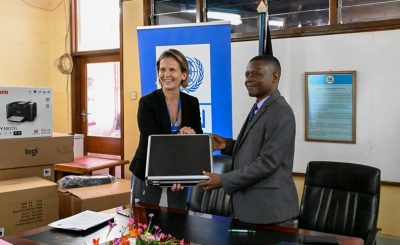The school is expected to benefit children and communities in Malawi through delivery of various services.
UNICEF Malawi released a statement saying the school opened on 13 January in Lilongwe and it will promote the use of drones in delivering programmes and services that will impact on lives of children and the youth.
The ADDA will equip young people with skills they can use the drone technology to impact lives of children and their communities according to UNICEF Executive Director Henrietta Fore.
The students will learn how to build and fly drones as well as analyze data collected using the gadget.
At least 150 students are expected to build and pilot drones by 2021 with 26 students in the first cohort from Africa receiving tuition fees from UNICEF’s partners and among them 16 Malawian students.
The knowledge which young people will gain is also a tool which they can use to get jobs that use drone applications.
More than half of students (55 per cent) are women with undergraduate degrees in science, technology or engineering.
Meanwhile, Director of Malawi’s Department of Civil Aviation James Chakwera, said use of modern technologies such as drones to deliver services to communities is a step in the right direction.
UNICEF Malawi, the Government of Malawi and other partners began testing the use of drones in development and humanitarian contexts with the launch of a humanitarian drone testing corridor in Kasungu, Malawi in 2017.
Since then, drone testing and application work has included delivery of medical supplies, emergency response work, crop monitoring, cholera mapping as well as integrating drones into national disaster response and monitoring.





